Slovenia: More than 25,000 “erased”
The Slovenian Interior Ministry has released new figures as to the number of “erased” Slovenian citizens—25,671 people.
Wednesday, 28.01.2009.
12:29

The Slovenian Interior Ministry has released new figures as to the number of “erased” Slovenian citizens—25,671 people. Until yesterday, only 18,305 people—predominantly from the former Yugoslav republics—were believed to have been “erased” from the Slovenian register of permanent residents in 1992. Slovenia: More than 25,000 “erased” After the latest analysis that involved changes to the computer system, and was carried out at the order of the Slovenian Interior Ministry (MUP), State Secretary Goran Klemencic revealed the latest figures. The new figures indicate a considerably higher number of “erased”—25,671 people. Of that number, 24,369 are alive today, 17,056 of whom are foreigners. According to Klemencic, the Foreign Ministry finished its analysis yesterday and came to the final number of “erased”, which will no longer be subject to change. The Ministry examined all possible records which, nevertheless, did not include records of the profession or ethnicity of the “erased”. The 25,671 “erased” include 5,630 minors and 10,869 women. “On the basis of this information we will continue with preparations for issuing additional decisions and laws,” said Klemencic, adding that decisions about “the erased” would begin to take effect next month. Klemenicic said more than 7,000 people were entitled to the return of their earlier status, according to a decision by the Slovenian Constitutional Court. “We’ll regulate the status of people who have citizenship or permanent residence in Slovenia retroactively, through additional decrees that we’ll begin to issue. We’ll prepare a special law for those who still do not have permanent residence or citizenship,” said Slovenian Interior Minister Katarina Kresal. She added that Slovenia would consequently fulfill constitutional and moral obligations to people whose basic human rights had been violated. The move should resolve one of the open bilateral issues between Slovenia and Serbia, which, according to a recent statement by Serbian Foreign Minister Vuk Jeremic in Ljubljana, “has until now cast a cloud over relations between Serbia and Slovenia, as most of the ‘the erased’ are Serbs.” According to Slovenian daily Dnevnik, admitting crimes and making amends is one of the basic accomplishments of a civilization. “Because some of ‘the erased’ will not live long enough to see justice done, the moral obligation of a country, which, during its birth worked on our behalf, is all the greater. Making peace with the victims, at least symbolically, is a step in the right direction for every nation,” writes Dnevnik.
Slovenia: More than 25,000 “erased”
After the latest analysis that involved changes to the computer system, and was carried out at the order of the Slovenian Interior Ministry (MUP), State Secretary Goran Klemenčič revealed the latest figures.The new figures indicate a considerably higher number of “erased”—25,671 people. Of that number, 24,369 are alive today, 17,056 of whom are foreigners.
According to Klemenčič, the Foreign Ministry finished its analysis yesterday and came to the final number of “erased”, which will no longer be subject to change.
The Ministry examined all possible records which, nevertheless, did not include records of the profession or ethnicity of the “erased”. The 25,671 “erased” include 5,630 minors and 10,869 women.
“On the basis of this information we will continue with preparations for issuing additional decisions and laws,” said Klemenčič, adding that decisions about “the erased” would begin to take effect next month.
Klemeničič said more than 7,000 people were entitled to the return of their earlier status, according to a decision by the Slovenian Constitutional Court.
“We’ll regulate the status of people who have citizenship or permanent residence in Slovenia retroactively, through additional decrees that we’ll begin to issue. We’ll prepare a special law for those who still do not have permanent residence or citizenship,” said Slovenian Interior Minister Katarina Kresal.
She added that Slovenia would consequently fulfill constitutional and moral obligations to people whose basic human rights had been violated.
The move should resolve one of the open bilateral issues between Slovenia and Serbia, which, according to a recent statement by Serbian Foreign Minister Vuk Jeremić in Ljubljana, “has until now cast a cloud over relations between Serbia and Slovenia, as most of the ‘the erased’ are Serbs.”
According to Slovenian daily Dnevnik, admitting crimes and making amends is one of the basic accomplishments of a civilization.
“Because some of ‘the erased’ will not live long enough to see justice done, the moral obligation of a country, which, during its birth worked on our behalf, is all the greater. Making peace with the victims, at least symbolically, is a step in the right direction for every nation,” writes Dnevnik.













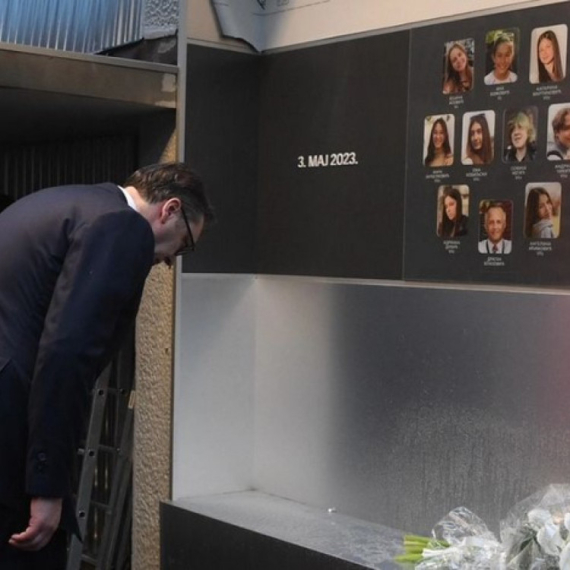
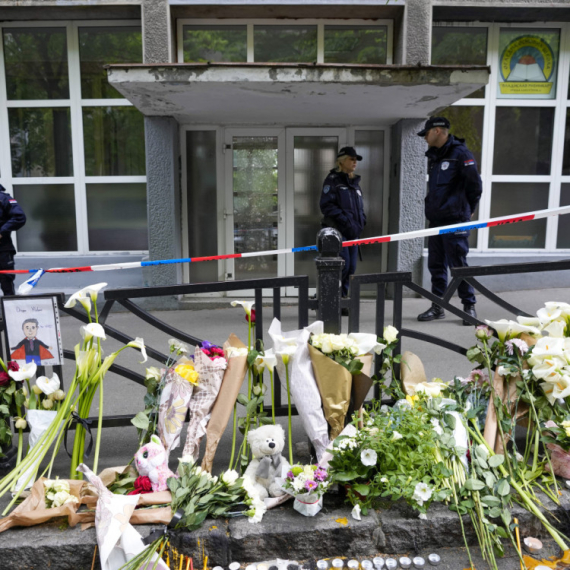
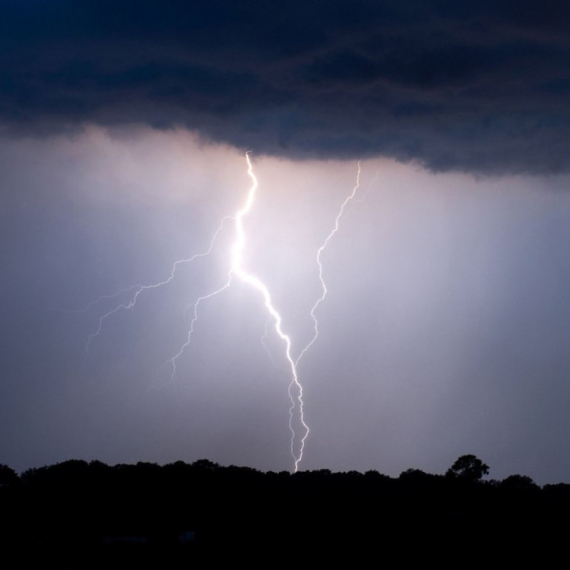
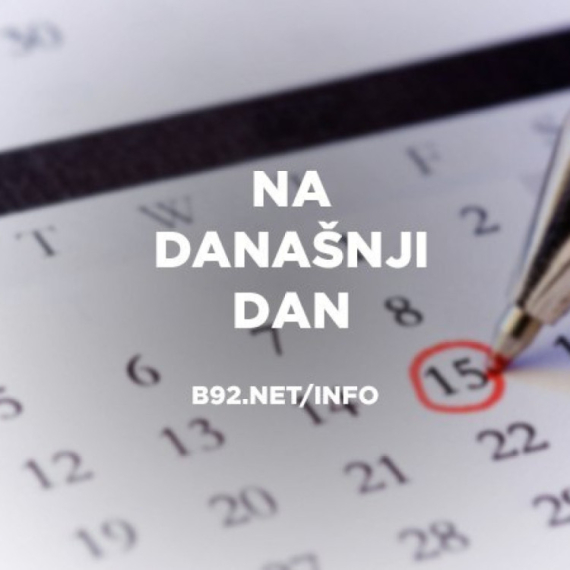
































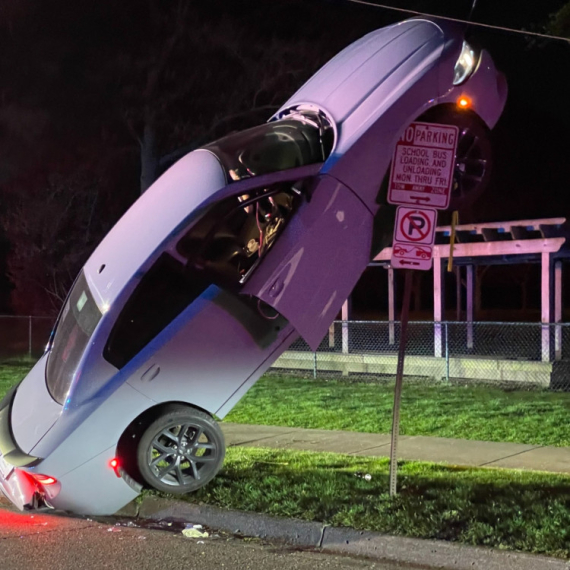

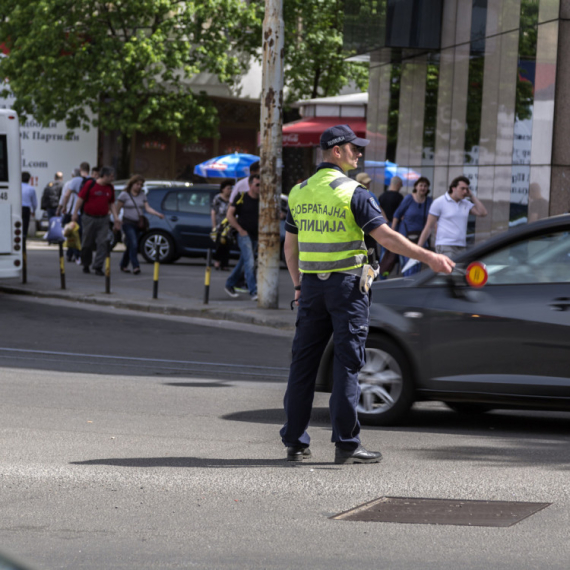


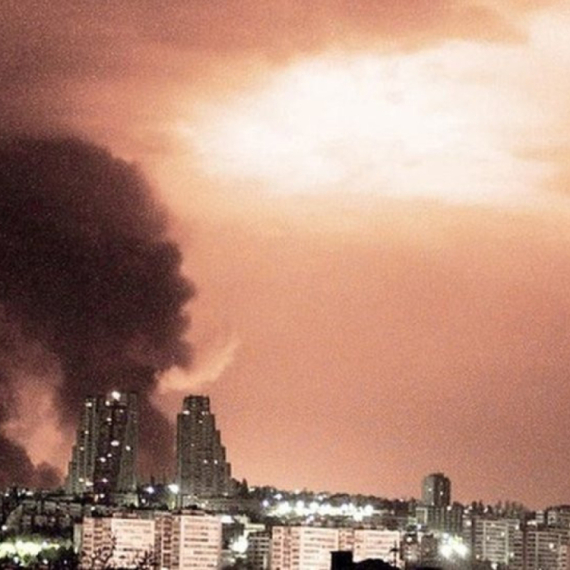
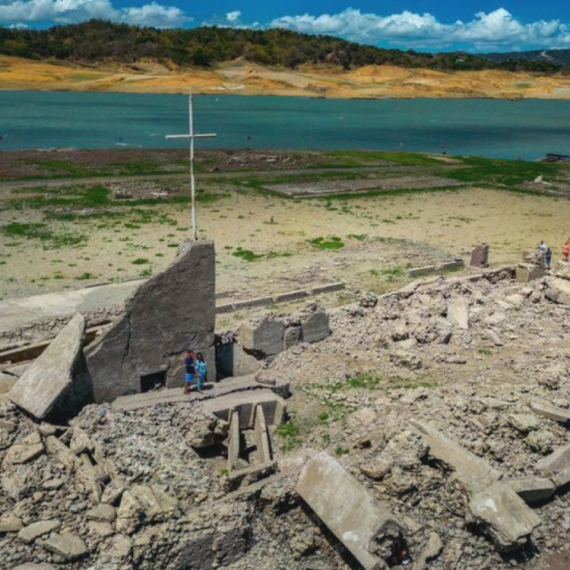


Komentari 3
Pogledaj komentare